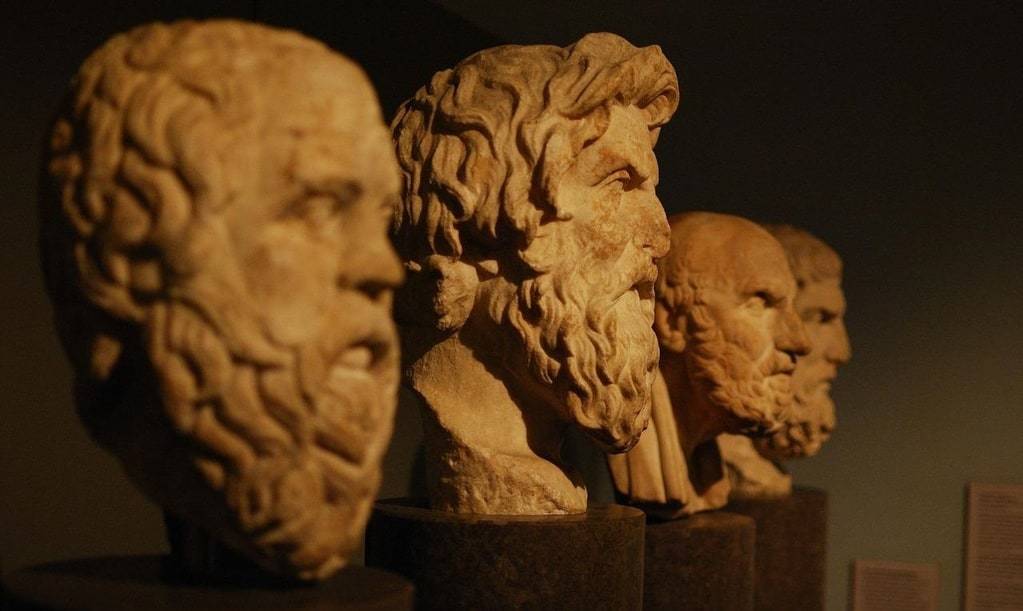Building a successful antique collection

Building a successful antique collection involves much more than simply acquiring old items. It requires a keen eye for detail, an understanding of historical context, and a strategic approach to both purchasing and maintaining your collection. This pursuit can be both a rewarding hobby and a profitable business venture, offering a unique blend of cultural enrichment and financial opportunity.
Strategies for Building a Successful Antique Collection
Starting an antique collection demands a strategic plan. The first step involves identifying the types of antiques that interest you. Are you drawn to vintage furniture, ancient artifacts, rare books, or collectible coins? Each category has its own market dynamics and valuation criteria. Understanding these nuances is essential for making informed purchases.
Research is another cornerstone of building a successful collection. Knowledge about the provenance, historical significance, and market value of items will enable you to spot valuable pieces and avoid overpaying for less significant ones. Regularly consulting auction catalogs, visiting museums, and joining antique collector associations can greatly enhance your knowledge and network.
Setting a Budget and Sticking to It
One of the first practical steps in building your collection is establishing a budget. Antique collecting can be an expensive endeavor, and without a clear financial plan, it’s easy to overspend. Decide how much you are willing to invest upfront and how much you can allocate on a monthly or yearly basis for new acquisitions.
It’s also beneficial to keep an emergency fund for unexpected opportunities. Sometimes, a rare and valuable item might become available at a price that’s too good to pass up. Having a financial cushion allows you to seize such opportunities without derailing your overall budget.

Networking with Other Collectors
Building connections with other collectors can be incredibly beneficial. These relationships can provide access to exclusive information, rare finds, and expert advice. Attend antique fairs, join online forums, and participate in local collector groups. Networking with seasoned collectors can also open doors to private sales that are not advertised to the general public.
Additionally, experienced collectors can offer mentorship, guiding you through the complexities of authentication and valuation. Learning from their successes and mistakes can accelerate your growth as a knowledgeable collector.
Authenticating and Valuing Your Antiques
Authentication is a critical aspect of collecting antiques. The market is flooded with reproductions and forgeries, making it essential to verify the authenticity of every piece you consider buying. Look for signs of age and wear, consult with experts, and obtain certificates of authenticity whenever possible.
Valuation goes hand in hand with authentication. Understanding the market value of an item helps you make informed purchasing decisions and ensures you are investing wisely. Regularly monitoring auction results and price guides can keep you updated on current market trends.
Maintaining and Preserving Your Collection
Once you have started building your collection, maintenance becomes a top priority. Proper care and storage of antiques are vital to preserving their condition and value. Different types of items require different care methods. For example, wooden furniture should be kept away from direct sunlight and humidity, while delicate textiles need to be stored in acid-free containers.
Here are some essential maintenance tips:
- Regular Cleaning: use appropriate cleaning methods and materials for each type of antique.
- Climate Control: maintain a stable environment with controlled temperature and humidity.
- Proper Storage: use archival-quality materials for storing sensitive items like documents and textiles.
- Routine Inspections: periodically check for signs of damage or wear and address issues promptly.
Leveraging Your Collection for Business Opportunities
Transforming your antique collection into a business can be a lucrative venture. Whether through selling, renting, or exhibiting your items, there are multiple ways to monetize your collection.
Consider creating an online store or selling through established platforms like eBay or Etsy. Auctions, both online and physical, are also excellent venues for reaching a wider audience. Renting out pieces for events or film productions can provide a steady stream of income without parting with your treasures.
Exhibiting your collection in galleries or museums can elevate your profile as a collector and attract potential buyers or investors. Such exposure can significantly enhance the value and prestige of your collection.
Continual Learning and Adaptation
The world of antiques is ever-evolving, with trends and values constantly shifting. To remain successful, continuous learning is essential. Stay updated with the latest developments by reading industry publications, attending workshops, and following market trends.
Adaptability is also crucial. As your knowledge and collection grow, your tastes and interests may evolve. Being open to new categories and periods can keep your collection dynamic and interesting.
By embracing these strategies, your antique collection will not only grow in size but also in significance and value. The journey of collecting antiques is a fascinating blend of passion, knowledge, and business acumen, offering endless opportunities for personal and financial enrichment.